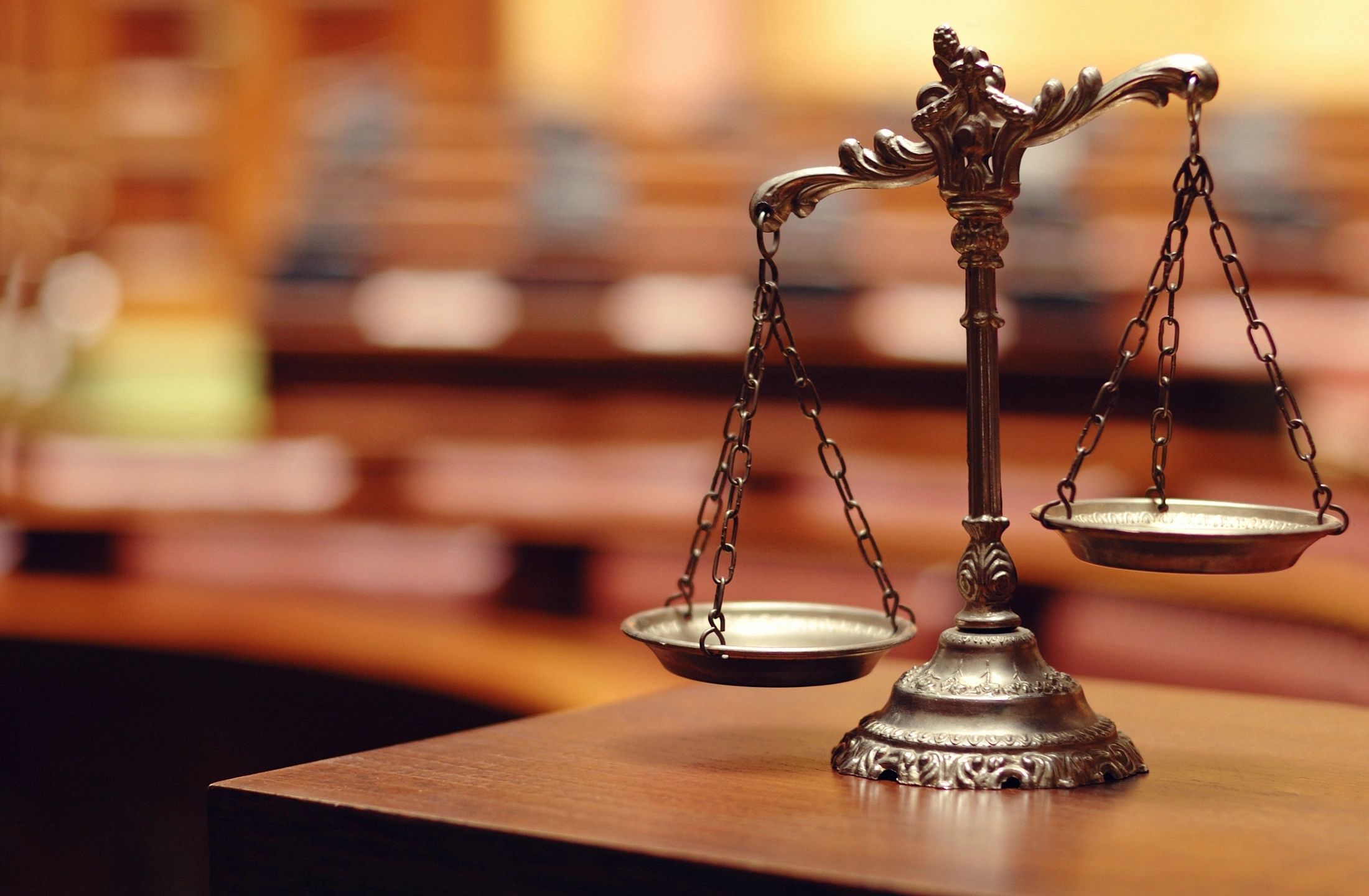
|
Getting your Trinity Audio player ready...
|
By Alric Lindsay
According to the Penal Code, a person who makes false statements in Court or misleads the Court can face seven years in prison. This includes perjury and fabricating evidence.
Perjury
Regarding perjury, section 101 of the Penal Code states:
101. (1) A person who in any judicial proceeding, or for the purpose of instituting any judicial proceeding, knowingly gives false testimony touching any matter which is material to any question then depending in that proceeding or intended to be raised in that proceeding, commits the offence of perjury.
(2) It is immaterial (a) whether the testimony is given on oath or under any other sanction authorised by law; (b) what forms and ceremonies are used in administering the oath or in otherwise binding the person giving the testimony to speak the truth if such person assents to the forms and ceremonies actually used; (c) whether the false testimony is given orally or in writing; (d) whether the court or tribunal is constituted, or is held in the proper place, if it actually acts as a court or tribunal in the proceeding in which the testimony is given; or (e) whether the person who gives the testimony is a competent witness.
The Penal Code adds: “A person who aids, abets, counsels, procures or suborns another person to commit perjury commits the offence of subornation of perjury. “
A person sworn into the Court as an interpreter for Court proceedings and who wilfully makes a statement material in the proceedings which that person knows to be false or does not believe to be true also commits perjury.
Notwithstanding that the foregoing persons can be charged with perjury, the Penal Code clarifies that “A person cannot be convicted of committing perjury or subornation of perjury solely upon the evidence of one witness as to the falsity of any statement alleged to be false.”
Ultimately, if found guilty, “A person who commits perjury or suborns perjury is liable to imprisonment for seven years.”
Fabricating evidence
Where a matter does not involve perjury, but the person still misleads the Court, the Penal Code states:
103. A person who, with intent to mislead any court or tribunal in any judicial proceeding, fabricates evidence by means other than perjury or knowingly makes use of such fabricated evidence commits an offence and is liable to imprisonment for seven years.
False swearing
Additionally, it is an offence under the Penal Code where a person makes a false declaration. Regarding this, section 104 of the Penal Code states:
104. A person who swears falsely or makes a false affirmation or declaration before any person authorised to administer an oath or take a declaration upon a matter of public concern under such circumstances that the false swearing or declaration if committed in a judicial proceeding would have amounted to perjury, commits an offence.
Summary
Given the seriousness of the above offences, it is important that anyone asked to give a testimony in Court understands their role and is entirely truthful. This is critical not just because of the sentence a person could face for misleading the Court but also because of the impact that false statements in judicial proceedings could have on the lives of others.
Note to readers:
Nothing in this article is legal advice. Those seeking to understand their roles and duties in judicial proceedings in the Cayman Islands should contact a lawyer qualified in the Cayman Islands to obtain advice regarding their specific circumstances.

